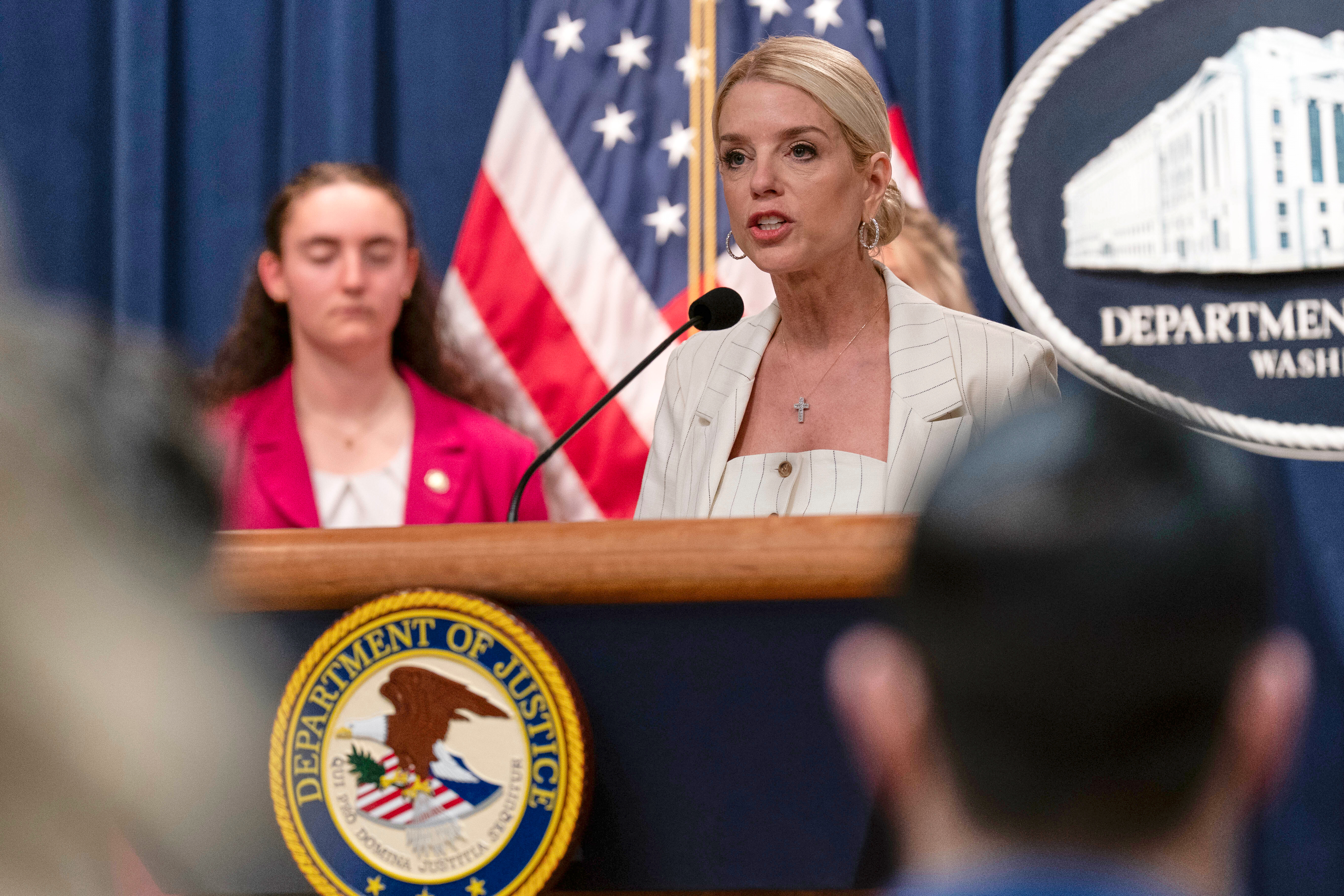Enjoying nature was something Aimee Copeland wasn't sure she'd do again after a ziplining accident in 2012.
"The mission of All Terrain Georgia is to enable all Georgians and our visitors, people visiting from out of state with mobility impairments to be able to enjoy the nurturing and healing qualities that are vast natural resources that our state has to offer," Copeland said.
After the accident, Copeland was diagnosed with a flesh-eating bacterial infection. She lost her hands, right foot and left leg.
She was 24 and frustrated.
"I had been an ecotherapy major in my master's program and wanted to be a wilderness guide and waking up missing my limbs, I thought well probably those 10-mile hikes in the woods aren't going to happen anymore. And I started Aimee Copeland Foundation because I saw that it's actually people who have disabilities who needed ecotherapy the most and are the most separated from the natural environment," she said.
From there, All Terrain Georgia was born. From extensive research to fundraising, it took about eight years to launch the program. Aimee's foundation partnered with the Georgia Department of Natural Resources, and last year opened the program to the public with 12 chairs. And, thanks to a generous donation, that fleet will soon grow to 24.
"Right now we have them in the northern half of Georgia, and so we'd really like to partner with her to have them in the southern half of Georgia as well," said Kim Hatcher, the public affairs coordinator for Georgia State Parks and Historic Sites. "She and her volunteers go out and personally scout the trails and pick which ones would be appropriate for the track chairs, so definitely this is the kind of project that could go all across the country."
There are similar projects in Michigan, Colorado, South Dakota and Minnesota. In Georgia, Aimee hopes to have chairs in every state park by the end of this year.

The Push To Make Planes More Accessible For Wheelchair Users
One group is hoping planes will soon have space for people to stay in their wheelchairs during a flight.
"If you build it, they will come. People think people with disabilities don't want to be at the parks because you never see them there! But we do, we want to be out and about and everywhere, so I'd like to see these chairs being used on a daily basis," Copeland said.
You have to be certified to use the chair. Aimee's goal is to certify 100 users this year. You also have to be certified to be a hiking buddy. Both credentials ensure the safety of the chair's user, and help protect the environment.
"We train people to leave no trace and to use our equipment in safe and responsible ways," Copeland said. "And the all-terrain chairs that we use have zero footprint, zero carbon emissions. They're very safe for our soil. Because one of my most important prerogatives is that our children's children are able to also enjoy and utilize the land."
"The way the treads are designed, it does significantly less damage than for example, athlete's cleats out here on the trail. It's not penetrating the soil as much, so we don't really have to worry about erosion," said Adrian Fox, an interpretive ranger at Sweetwater Creek State Park. "All of our chair users who have been here have been amazing stewards for our park in particular. I've had folks who have gone out and used the chair and have come back with bags full of litter that they cleaned up just while they were enjoying the trails."
Aimee's next step is purchasing a van that can transport the chairs to different parks in Georgia. She doesn't want anyone to be limited in their ability or opportunity to get out and enjoy life.
"People say that this is a game changer for them ... For some people with congenital disabilities it's allowing them to go to places they've never been before. For people who have acquired disabilities it's returning them to nature and allowing them to return to their home and the things that they love and their hobbies. It just lets them walk their dog. Like very simple things that we take for granted," Copeland said.
For Aimee, this is the pride and joy of her foundation, and she's honored to provide a transformative opportunity for all bodies and abilities.










